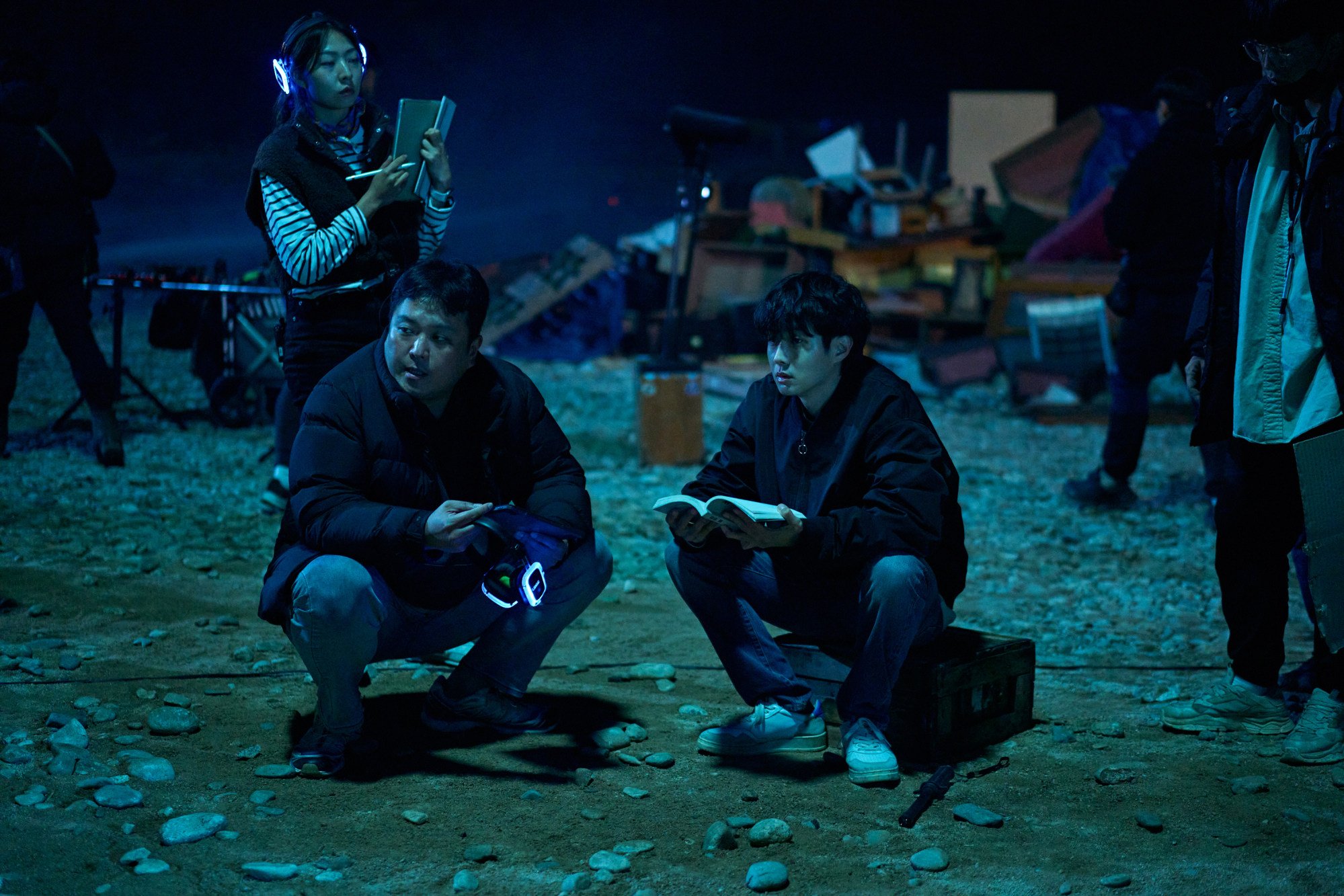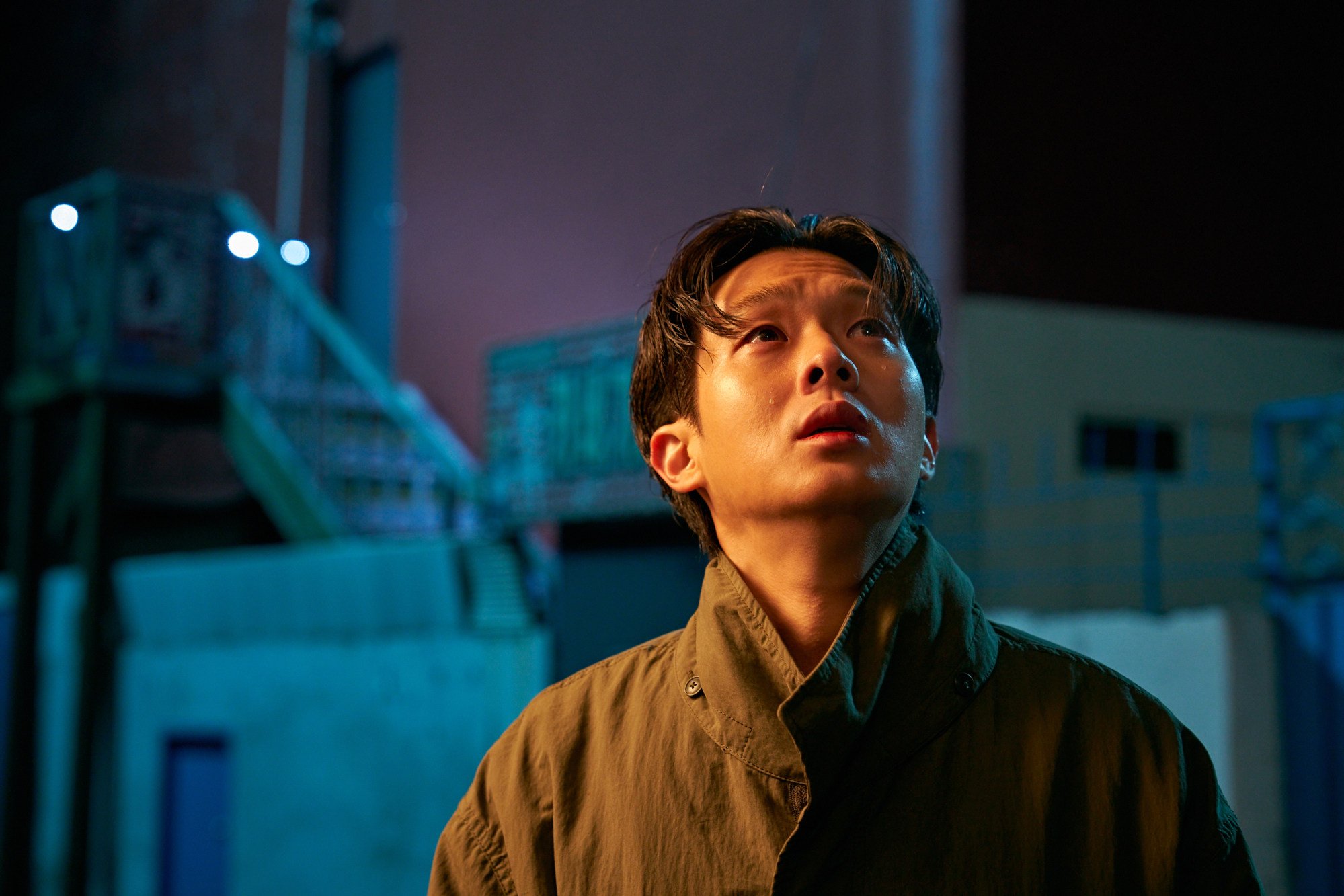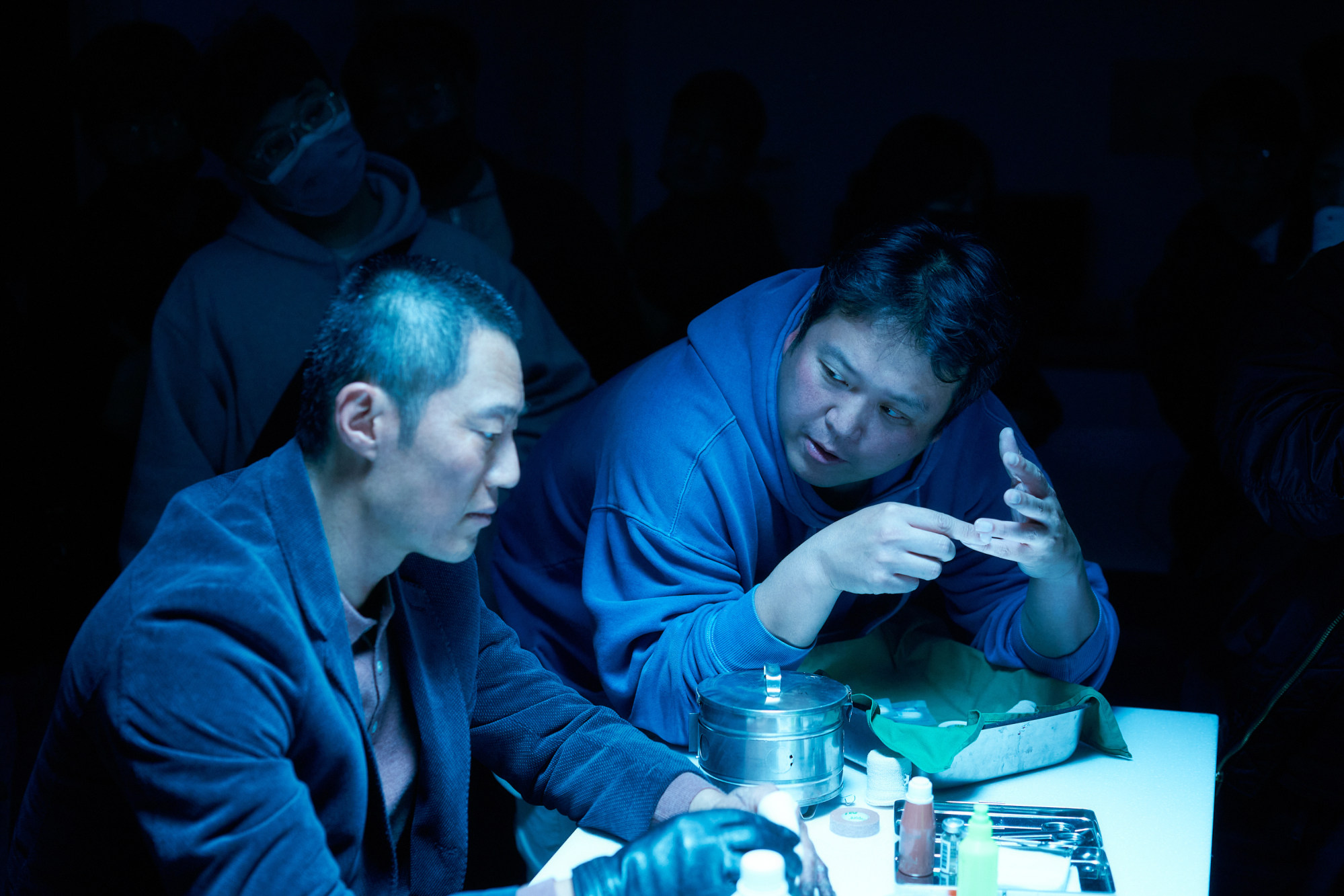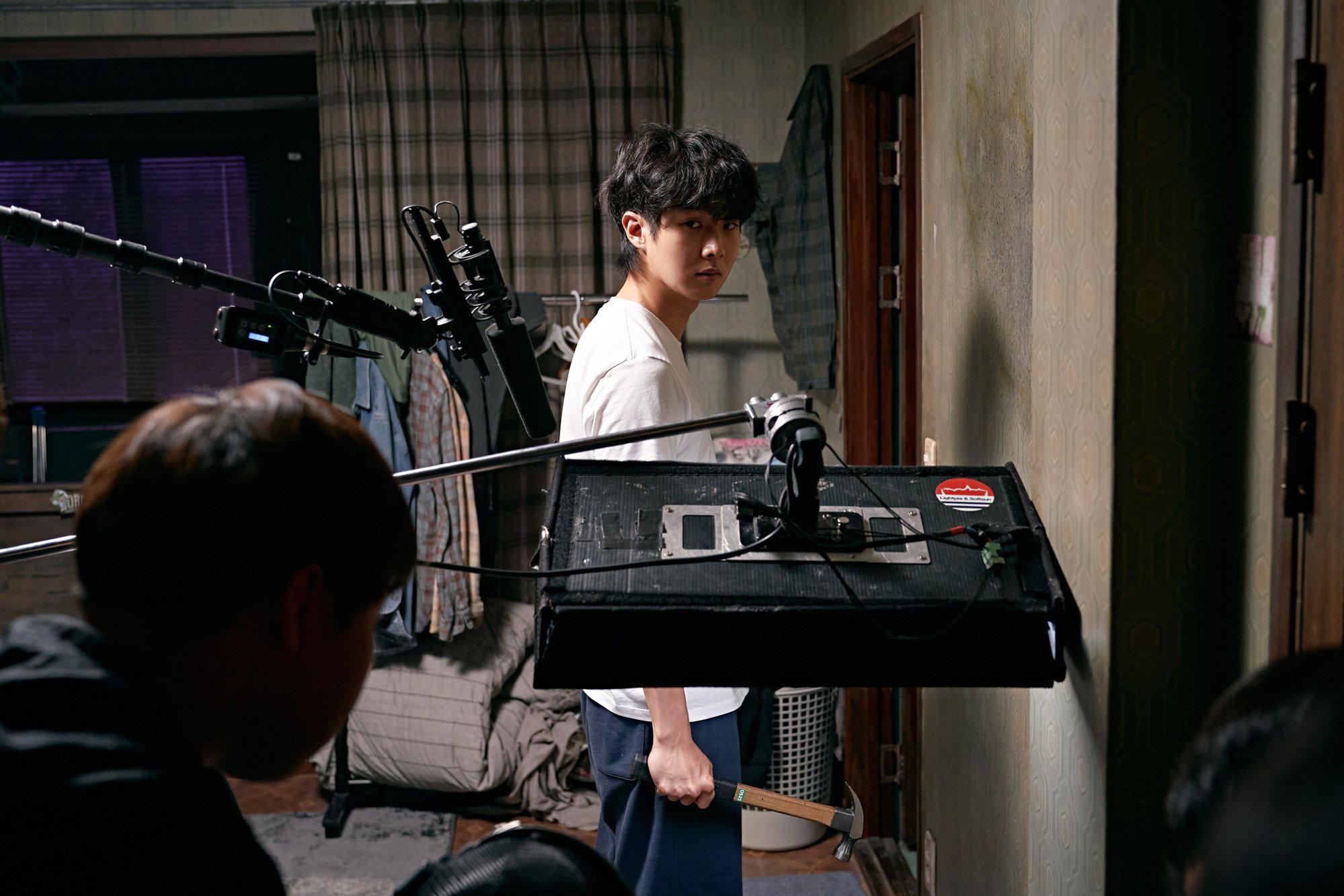
Why Netflix’s A Killer Paradox, with Choi Woo-shik as a university student who kills criminals, isn’t a vigilante story
- Netflix K-drama A Killer Paradox follows a university student who kills criminals, but director Lee Chang-hee says he had ‘no intention of creating a dark hero’
- He says his aim was to ‘throw up a question’, while star Choi Woo-shik talks about making his character realistic to explore an extraordinary moral conundrum
By Lee Gyu-lee
What are the chances that an ordinary university student would get involved in murders, especially where the victims are later revealed to be vicious criminals? Does this scenario represent merely a series of coincidental killings, or justice being served?
“I wanted to throw up a question on what it would be like to have a figure like Lee Tang in real life,” says the series’ director, Lee Chang-hee. “He is a character who continuously questions whether killing wrongdoers is his special gift or a mere coincidence until the end.”

One killing leads to another and he realises he has a sense that enables him to detect criminals, and finds a new purpose in life with the help of hacker Noh Bin (Kim Yo-han).

The eight-part series, which was released on Netflix on February 9, soon climbed to second place on the platform’s top 10 streaming chart for non-English-language TV series.
The director, whose previous work includes the 2019 thriller series Watch Strangers from Hell, says he didn’t want to portray Lee Tang as a vigilante.

“I had no intention of creating a dark hero. I simply thought it could offer an entertaining thrill with the fictional aspect, kind of feeling satisfaction vicariously,” he says.
Choi also disagrees with those who see Lee Tang as a vigilante.
“Many people say the series is of the dark hero genre but I kind of disagree with that,” the actor says.
“I felt it is about Lee’s process of compromising … Lee felt he was pushed to the edge and moved forward in a self-destructive state. So I put weight on how a normal college student would feel after killing somebody and what face he would make.”

He adds: “I don’t think Lee came to the point where he told himself ‘I can just kill this person,’ even during his murders. I portrayed him as someone who gave up on life … In depicting the colour Lee had in the original work, I tried to make him down to earth and not dramatic. Following his emotions was very important.”
The series features contrasting bright and dark tones – both visually and in terms of storytelling – to breathe life into the unorthodox webtoon.
The director, who prides himself on capturing reality in his works, shares that it was difficult to adopt the uniquely fictional depictions.
“As a director, I think my biggest strength is reality. So I brought the webtoon elements to the ground [in the adaptation] but it came out awkward. I grappled with how viewers would perceive the clashes of contrasting elements like realistic versus unrealistic characters and observing versus imaginative scenes,” he says.
“It was interesting how the contradictory characters collide in the original works. From a directorial standpoint, I saw it as the opportunity to break free from conventional formats and grammar, giving me a new creative challenge.”

